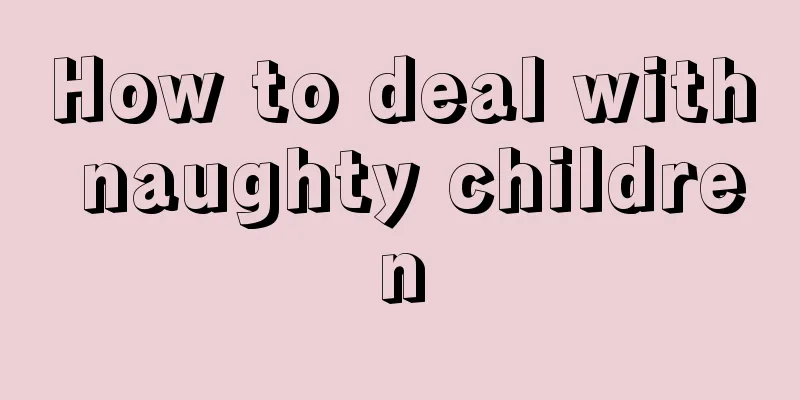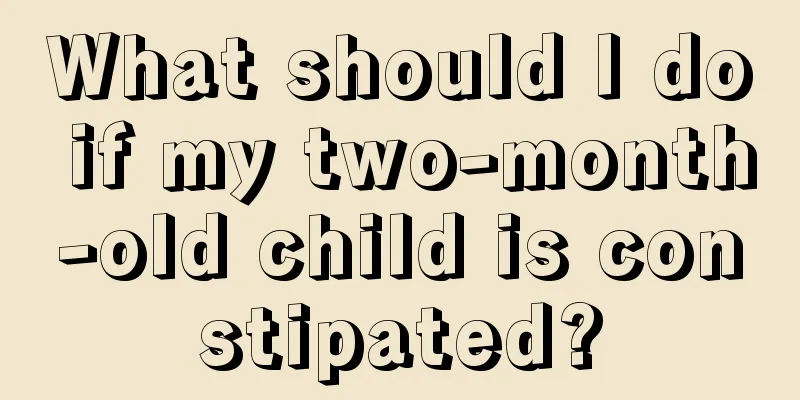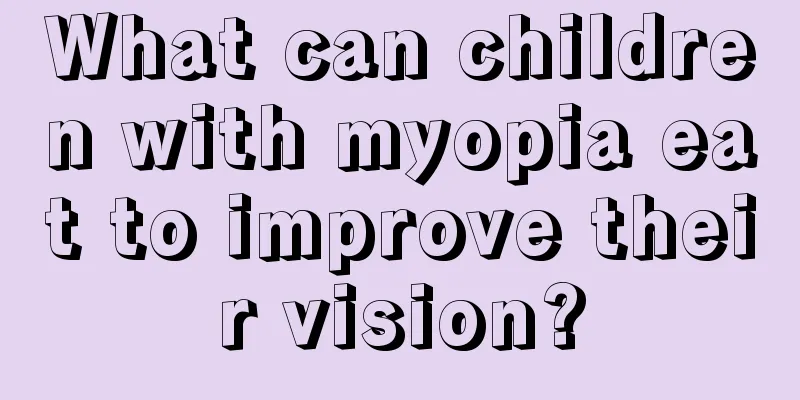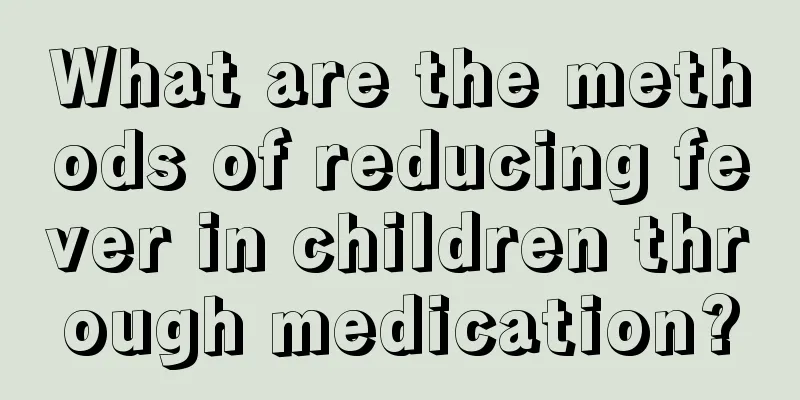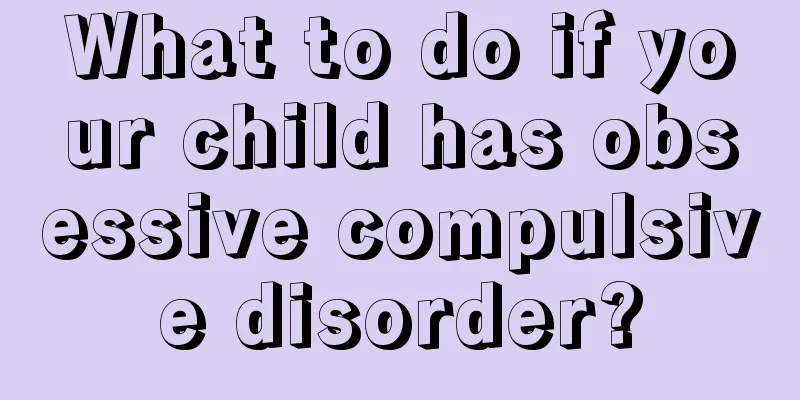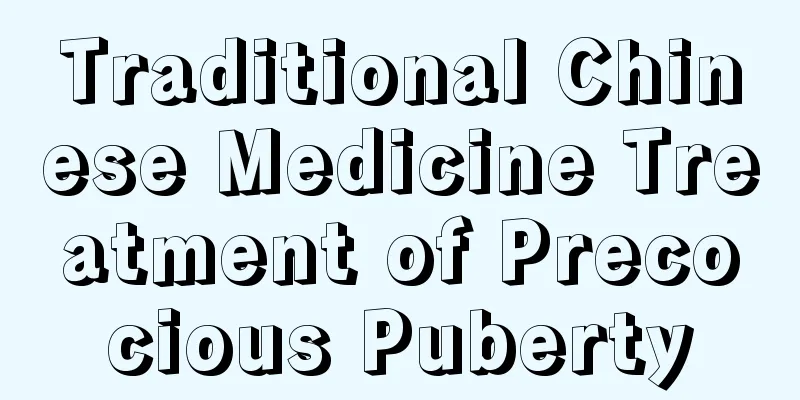What should we pay attention to when children have tooth replacement?
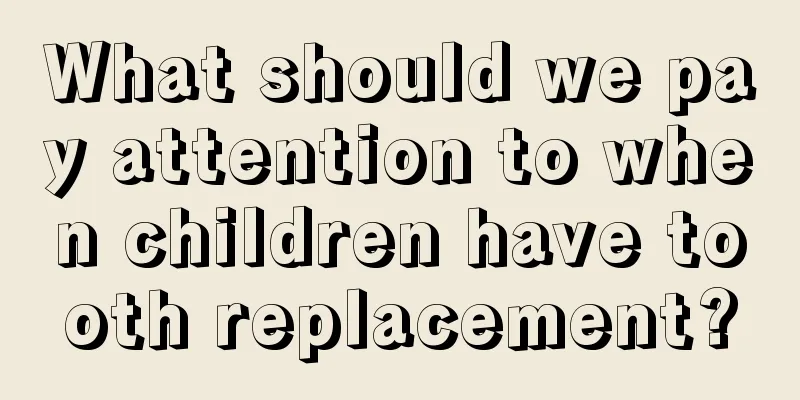
|
When you have a baby at home, parents must master some knowledge related to the baby's growth so that the baby can grow up healthier and stronger. As the baby grows up, the deciduous teeth will fall out and the permanent teeth will grow out. At this time, parents also need to have some knowledge about the child's tooth replacement, so as to avoid the child's teeth growing crooked and tooth decay. So, when do babies usually start to change their teeth? What should you pay attention to when your baby is changing his teeth? 1. When does the baby change teeth? Under normal circumstances, the deciduous central incisor (central front tooth) of the mandible begins to shake and fall out at the age of 5 to 7 years old. Soon, the permanent central incisor grows in this place; at the same time, the first permanent molar grows behind the second deciduous molar. After that, the other teeth were replaced one after another. The permanent monocuspids and bicuspids can only grow out after the deciduous teeth in the same position fall out. By the age of 12 to 13, all the deciduous teeth have fallen out and have been replaced by permanent teeth. After that, permanent teeth will grow separately: the second molar will grow behind the first molar at the age of 12 to 14, and the third molar will grow after the age of 18. It is normal for some people to not have third molars. Second, the precautions for tooth replacement: 1. Parents should educate their children to develop good oral hygiene habits from an early age. In addition to brushing their teeth twice a day in the morning and evening, they should rinse their mouths after every meal. 2. Try not to give your children sweets as they can cause tooth decay. Children should not eat anything after brushing their teeth before going to bed. 3. Let your child eat food that requires a long time to chew, so as to stimulate the deciduous teeth more and allow them to retire on time and make way for the permanent teeth. 4. After the deciduous teeth fall out, educate your children not to lick the missing teeth and the newly emerged permanent teeth with their tongues, otherwise it will affect the growth of the teeth and cause them to grow unevenly in the future. Generally, babies start to change their teeth after the age of five. When the baby is changing his teeth, you should make sure that the deciduous teeth do not fall out and the permanent teeth grow out. You should go to the dentist in time to extract the deciduous teeth to prevent them from growing crooked. Don’t let your baby lick his teeth with his tongue all the time, as this can easily cause the teeth to grow crooked. Teach your children to brush their teeth in the morning and evening and rinse their mouths after meals to avoid tooth decay. |
<<: How to give first aid to a child who is having a convulsion?
>>: What happens if a child has a hole in his tooth?
Recommend
Will a child's fever damage his brain?
When it comes to children's fever, parents wi...
How can children improve their immunity?
This is an issue that many parents are concerned ...
Why does a 6-year-old baby wet the bed?
Every couple will become more attentive when they...
Is the child's head tilted due to torticollis? Parents should observe these characteristics
Careful parents will find that their children oft...
What should I do if my two-year-old baby has bronchial pneumonia?
Recently, a two-year-old baby of a relative has c...
What should I do if my child has tooth root inflammation?
If a baby's tooth roots are inflamed, it is v...
What to do if your child has an ear infection
There are many reasons for children's ear inf...
Is ADHD easy to treat in children?
Many children have some common behaviors in their...
The child suddenly had a pain in the left lower abdomen
Children are very naughty, especially boys who li...
Height and weight standard for 6-year-old children
When a woman becomes pregnant, she should go to t...
How to teach children numbers
Although babies are naturally curious, some paren...
What foods can children with pneumonia eat?
There are many pregnant women who give birth to l...
How to deal with a child who has a fever and cold limbs?
Children have very poor physical constitutions. I...
Three-month-old baby girl's development indicators
I don’t know if you are aware of the developmenta...
The child vomited three times at night
It is very hard for mothers to take care of child...


